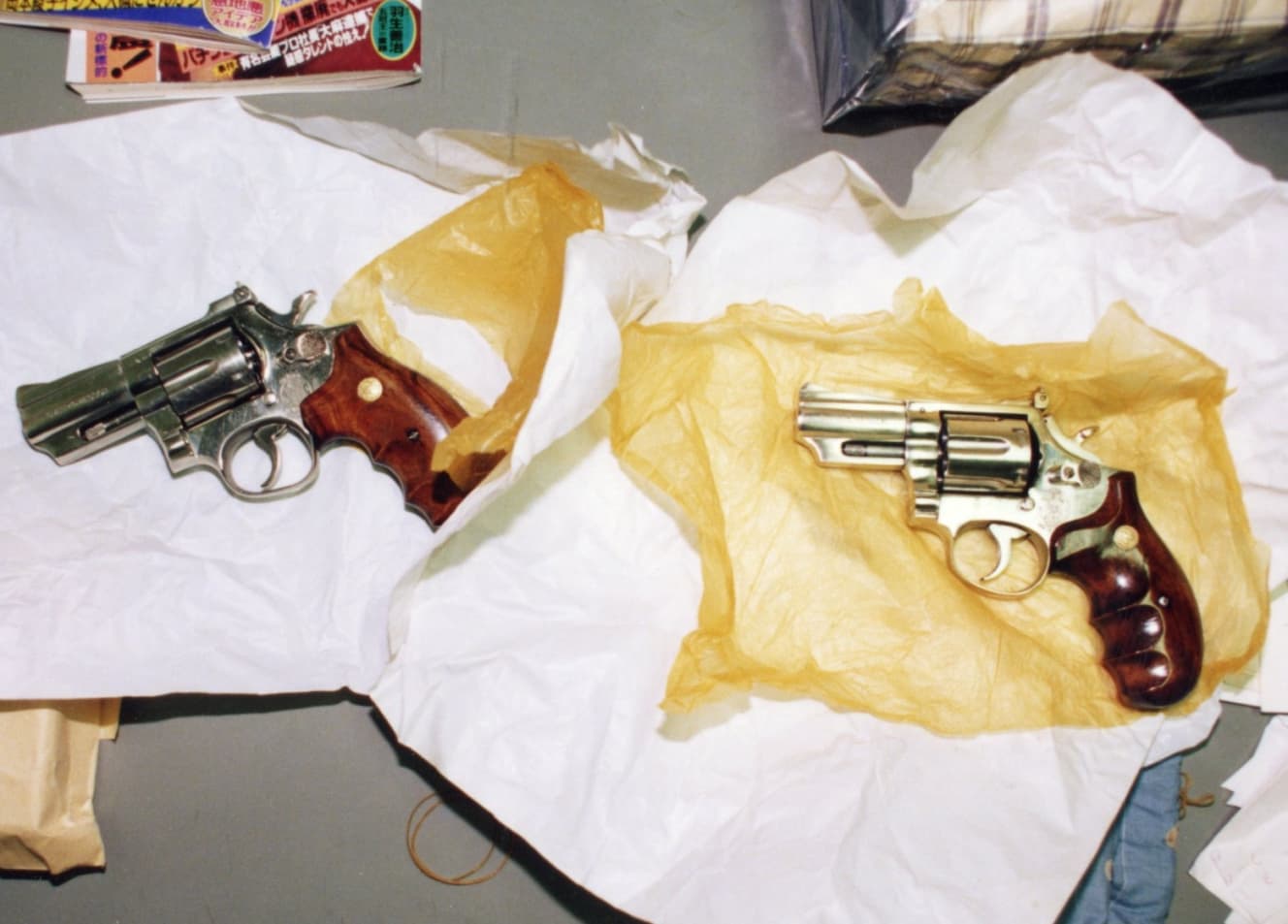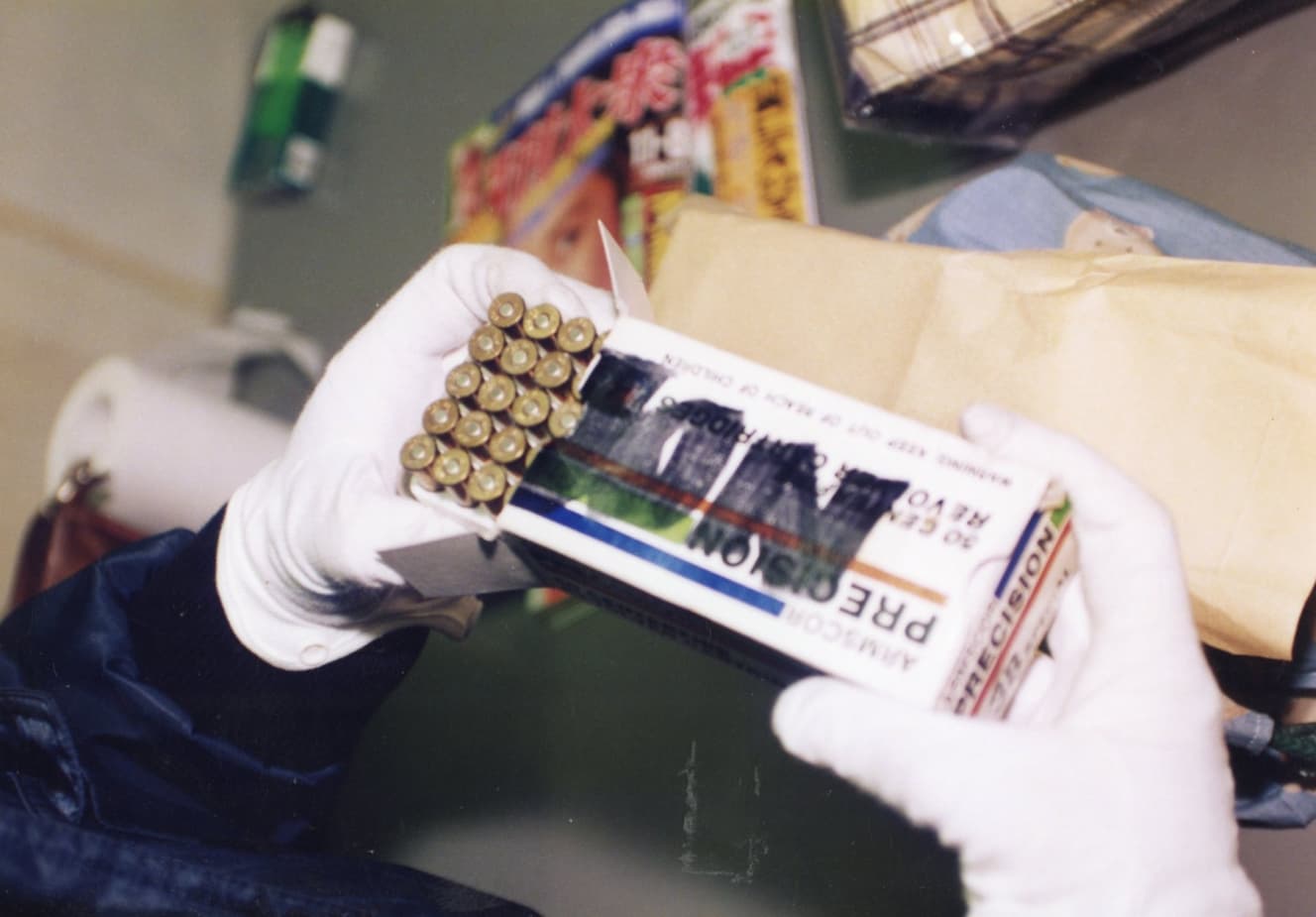Narcotics G Men Case Files The Surprising Item Found in the Dealers Bag
Case Files of the Narcotics G-men (Part 6)
Ryoji Takahama, who served as a narcotics officer, or “Matri,” on the front lines of drug investigations for 36 years from the Showa to Heisei eras, has chronicled the real scenes of his work in the series “Narcotics G-Men’s Case Files.” On February 1, Takahama released a book titled Matri’s Monologue: What I Want to Leave Behind as a Former Narcotics Officer (published by Bungeisha), which includes content from this series.
To commemorate the final installment of the series and the release of his book, we conducted an interview with Takahama, where he discussed the most memorable case of his Matri career.
Even after conducting a raid, no items were found
Not necessarily the biggest case, but looking back, the cases that made the biggest impression on me were probably more common in small and medium-sized cities in the countryside than in big cities. In particular, Sendai, where I was assigned from 1993 to 1997, was a place where there were few cases, but there were many memorable cases.
In the core cities of the provinces, there is not the same variety of drugs being trafficked as in the big cities. Methamphetamine or marijuana are the most common. The interesting thing is that when drug addicts in big cities run out of drugs, they go into debt or even cheat people to get money to buy shabu. However, in Sendai, when they run out of money, they don’t buy shabu, so they don’t inject themselves with it.
So, even though there was information that “he has meth,” there were often times when a raid would be carried out, but no items would be found. Then, when we asked them to “give a urine sample” for testing, they would calmly comply, thinking that nothing would come out because the drugs had already left their system.
In big cities, there are many cases where ordinary people become dealers, but in rural areas, there are still many cases where gangsters were trafficking methamphetamine. I was told that a gang member was trafficking methamphetamine, and since I didn’t know his address, I staked out his ex-wife’s house.
Then, a woman came out, and when we searched her, we found 30 grams of methamphetamine in a plastic bag inside her second bag. When I asked, “Where did this meth come from?” she replied, “I was asked to hold onto it, but I got scared. When I asked, ‘How long do I need to keep it?’ they told me to move it somewhere, so I took it out.” When I asked, “Where did the man go?” She said he went to Chiba for a gang meeting.
He said he would be back late, so while I was preparing to request an arrest warrant for the man, I waited in front of the ticket gate at Sendai Station. He returned, and as soon as I tried to stop him and make the emergency arrest, he started shouting, “Show me the warrant!” and began to resist. He threw the paper bag he was holding and tried to escape. He was struggling so violently that I had to hit his shin with a baton to bring him down before cuffing him.
The unexpected treasure that came out of the paper bag
He was holding a paper bag with great care, and I thought he might have stocked up on cocaine in Tokyo. However, when I opened the bag, I found two Smith & Wesson pistols and 50 bullets in a paper box. The bullets were unloaded, but it was after 9:00 at night. There were a lot of people getting off the train, so I was horrified when I thought about what might have happened if the gun had gone off.
Since handguns are out of our jurisdiction, we handed the case over to the Sendai Chuo Police Department. In the city, there are plenty of cases where handguns are seized, but in the countryside it is rare. I didn’t think he had a gun either, so it was a very special case.
Talking about marijuana, there is wild marijuana in Hokkaido and Tohoku. In the summer, students from Tokyo who go to Hokkaido sometimes pull out wild marijuana and try to take it with them, but the locals find them and report them to the police, resulting in their arrest.
The case I am going to discuss here is not wild marijuana, but rather a case of cultivating marijuana from seeds that they planted themselves. I heard that some of the recent foreign products have THC concentrations of close to 10%. According to the people who arrested him, it is not expected to have much effect other than making his throat tingle.
A man who buried a large amount of marijuana in the sand
The 28-year-old man, who had a criminal record for violating the Anti-Prostitution Law and had received marijuana from someone who cultivated it, was arrested. While being taken back to his house after being apprehended outside, he began to make accusations, saying things like, “Why do I have to go?” This led to a scuffle, but the man quickly became compliant, realizing resistance would be futile, and agreed to cooperate with the search of his home. However, nothing was found during the search.
The officer then conducted a thorough search from the house to the location where the suspect had been apprehended. To their surprise, they found 6g of marijuana discarded in a matchbox. It appeared that the suspect had seized the opportunity to dispose of it while the officers were distracted. When the officer confronted him, saying, “You threw this away, didn’t you?” the suspect denied it, claiming, “I didn’t throw it away,” which angered the officer.
Based on the statement from the man who had been cultivating marijuana, the officer had a warrant for the possession of 1kg of marijuana. The officer threatened him, saying, “Alright, I get it. I’ll execute the warrant for 1kg of possession and send you to prison. You won’t escape a prison sentence with 1kg.” At this point, the suspect hesitated and began to confess, saying, “Actually I buried it at the Unoshima coast in Natori City.”
Following the man’s confession, the officers dug at the coast as he described, and found 86g of marijuana in a cooler box, just as he had said. It was an unremarkable stretch of sand, and without his confession, it would have been nearly impossible to identify the spot. When asked “How did you know it was buried in such a place?”, he explained, “Because the posts here are black, and the wire on the nearby fence is cut.”
The officer reflected that this was an unusual case, as typically drugs are hidden in rooms or nearby locations, not buried in the sand. Had the man admitted to discarding the small amount of marijuana at the beginning, he would have only faced charges for possessing the 6g. Instead, his denial led to the discovery of the larger quantity. This case left a strong impression on the officer, as such a turn of events was rare in his career.
In the second part of the series, “【Drug Enforcement Officer’s ‘Memorable’ Case Files】 ‘Why I Stick to the Habit of Not Standing at the Front of the Train Station Platform,'” Takahama discusses the intensity of resistance from gang members in rural cities and shares his approach to conducting investigations when dealing with organized crime.
The first part, “Drug Enforcement Officer’s ‘Memorable’ Case Files,” dives into his experiences.




